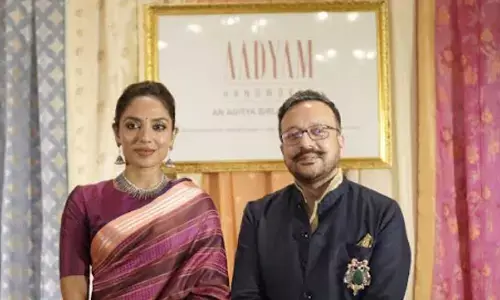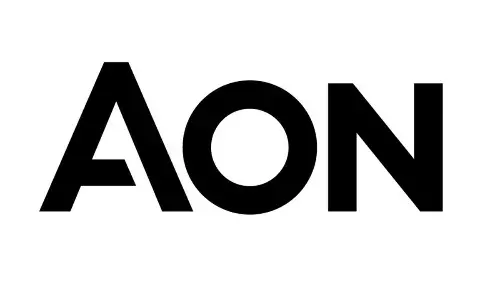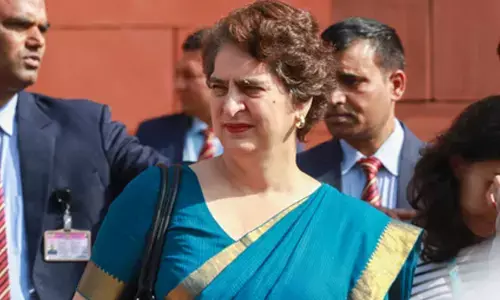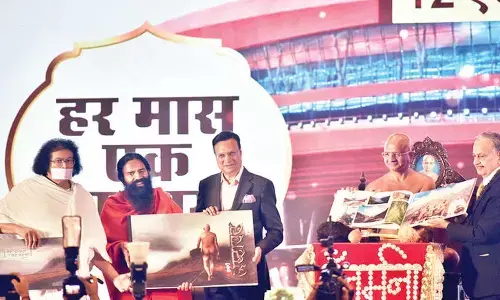SCO: India to get more leeway in Central Asia
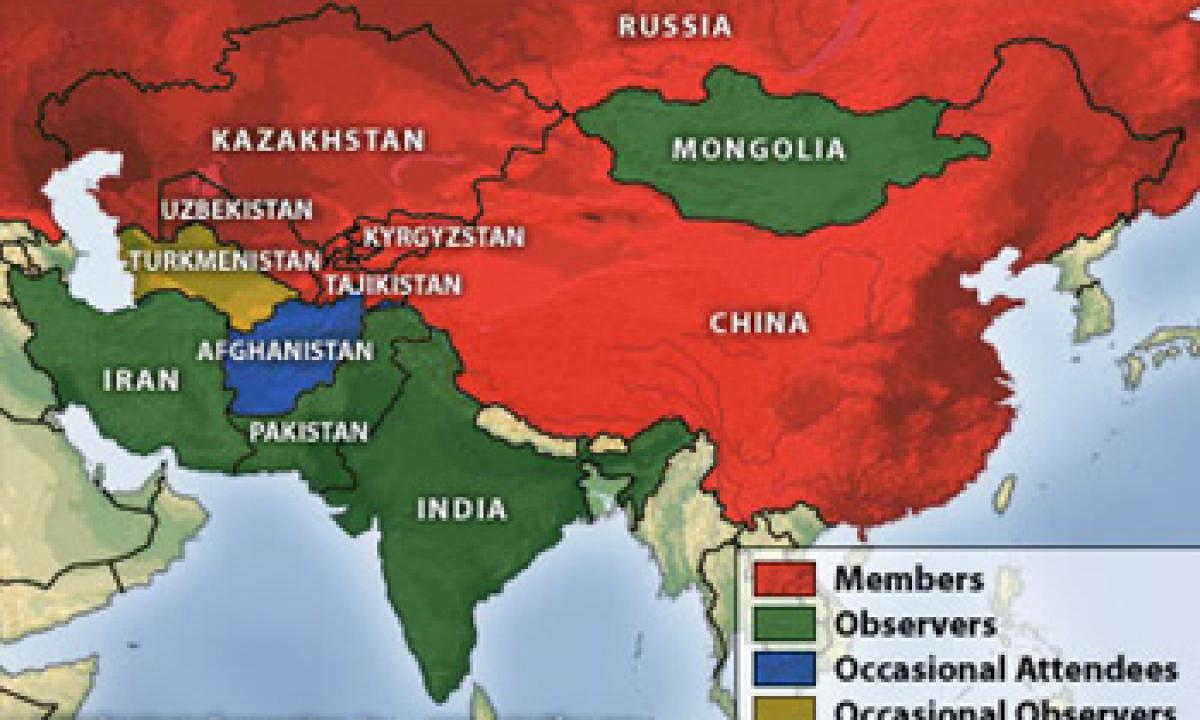
SCO: India to get more leeway in Central Asia. India and Pakistan will become full-fledged members of the Shanghai Cooperation Organisation (SCO) next year. This was announced during the July 9-10 summit of SCO at Ufa, the capital of Russia\'s Volga republic of Bashkiria.
.jpg) New Delhi: India and Pakistan will become full-fledged members of the Shanghai Cooperation Organisation (SCO) next year. This was announced during the July 9-10 summit of SCO at Ufa, the capital of Russia's Volga republic of Bashkiria.
New Delhi: India and Pakistan will become full-fledged members of the Shanghai Cooperation Organisation (SCO) next year. This was announced during the July 9-10 summit of SCO at Ufa, the capital of Russia's Volga republic of Bashkiria.
The summit adopted a complex programme of the organization’s development up to 2025 and also launching the accession process for India and Pakistan. The SCO is a permanent regional association founded in Shanghai, China, on June 15, 2001.
Its priority tasks include joint counteraction to terrorism and extremism; cooperation in education as well as in the energy, oil and gas, transport, communication and other spheres.
At present, the SCO comprises Russia, Kazakhstan, Kyrgyzstan, China, Tajikistan and Uzbekistan. Afghanistan, India, Iran, Mongolia and Pakistan have an observer status while Belarus, Turkey and Sri Lanka are partners for dialogue.
The SCO population stands at 1.597 billion people, or one fourth of the Earth population, while the aggregate gross domestic product (GDP) amounts to $11.6 trillion The former Soviet republics in the SCO share New Delhi’s concerns on the Taliban in Afghanistan.
Membership of the SCO gives India major strategic inroads into Central Asia, a region that New Delhi has looked at stepping up engagement with from the 1990s.The only obstacle that India faced from joining the grouping as a full member was China’s initial reluctance.
The entry of Pakistan to the SCO is seen by some analysts as China’s counterbalancing strategy. Nepal joins Sri Lanka as the second South Asian nation to have dialogue partner status.
Uzbekistan, Kyrgyzstan and Tajikistan all share India’s concerns on the threats posed by a potential return of the Taliban to power in Afghanistan. This is likely to lead to the grouping calling for harder measures and a joint policy to tackle the growing threat of the Taliban.
A senior diplomat involved with India’s access to the SCO says, “Pakistan will find it increasingly difficult to continue to sponsor the Taliban and harbor visions of strategic depth in Afghanistan.” The diplomat, who is not authorized to talk to the media, adds that the SCO would thwart efforts to further destabilize Afghanistan.
A concern that Russia shares with India and the former Soviet republics is the booming drug trade in Afghanistan. “The opium is ‘exported’ to Russia and India, while the Taliban takes most of the profits,” the diplomat says.
India’s entry to the SCO is also likely to put an end to any talk about the grouping acting as a counterweight to NATO. Since Narendra Modi became India’s Prime Minister, he has been equally wooing partners from East and West.
It is highly unlikely that India would be part of any organization that would look like it could be a part of a military confrontation with the West. The SCO, with four nuclear-armed countries, could be a formidable military bloc, but its main aim is to be a stabilizing force in a volatile part of the world.
China wants the SCO to promote its Silk Road Project, while India wants greater connectivity and access to Central Asia. With stability in the region, the economic goals of both India and China can be met. India and China have complete synergy when it comes to the greater goals of the SCO.
Russian Foreign Minister Sergey Lavrov said by joining the SCO, India and Pakistan would enjoy better relations. The only other major multilateral forum where India and Pakistan are both members is the South Asian Association for Regional Cooperation.









